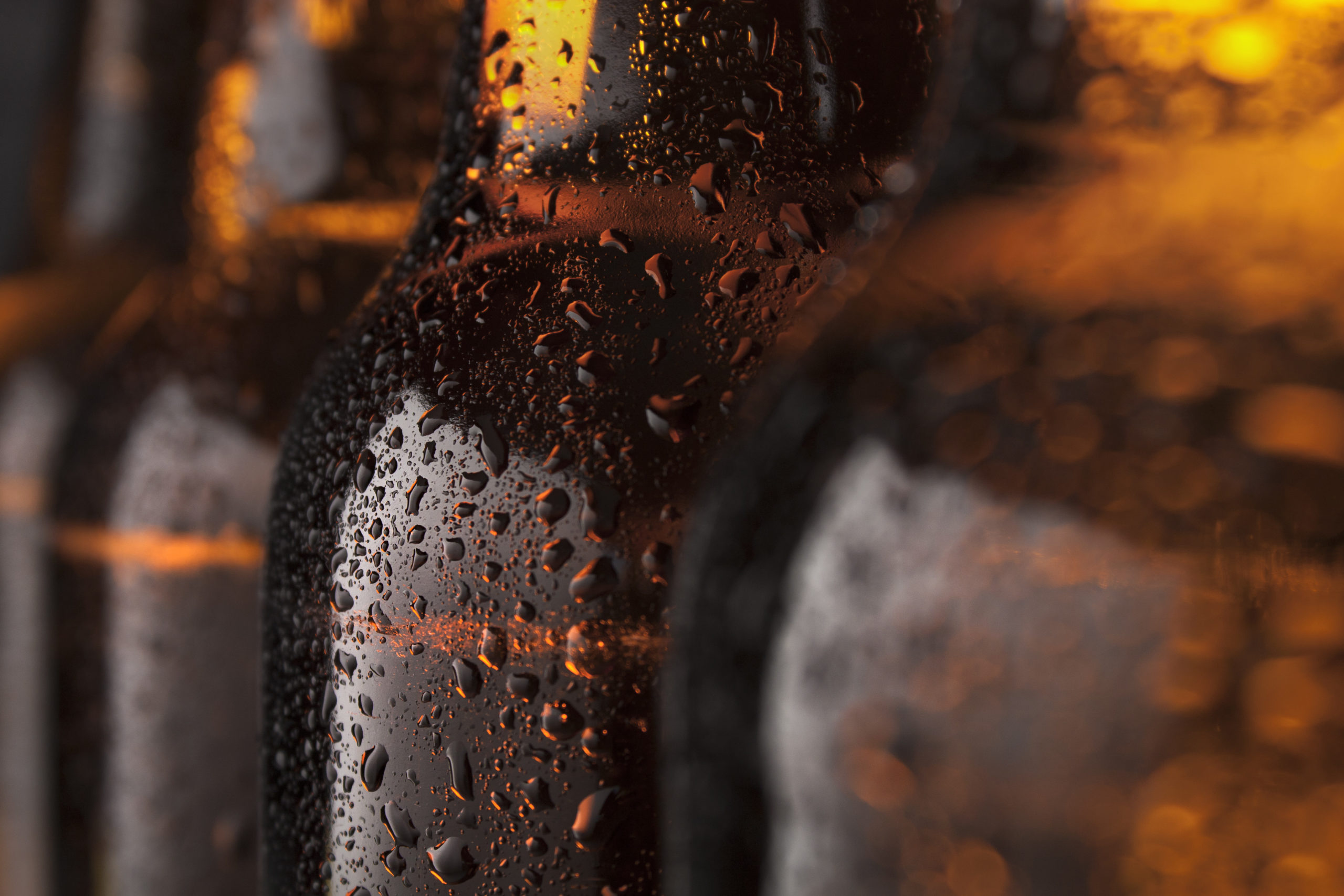The launch of Scotland’s deposit return scheme (DRS) will be delayed until at least October 2025. UKHospitality called the news a “relief” while campaigners said it represented a “bleak day” for the environment.
Scotland had already delayed its DRS twice, and was awaiting an exemption from the UK internal market act (IMA) so it could launch in March next year.
Last week the UK government agreed the exemption but imposed a number of conditions, including the removal of glass and the requirement to align aspects of the DRS with schemes across the UK.
Circular economy minister Lorna Slater told parliament this week that after consulting businesses there was “no other option” but to delay. “These delays and dilutions lie squarely in the hands of UK government that has sadly seemed so far more intent on sabotaging this parliament than protecting our environment,” she said.
The scheme has become extremely politicised. Ministers in Scotland are clearly blaming those in the south for the problems but there has been severe lobbying from businesses too. “[This] is a victory for those in industry who have never wanted to pick up the costs of their irresponsible business model,” said Kat Jones, director of Action to Protect Rural Scotland.
UKHospitality Scotland executive director Leon Thompson said he was “delighted” and called for “a joined up approach from all governments”.
The opportunity to create a UK-wide scheme is potentially good news but campaigners remain deeply concerned with continuous delays for a concept that is tried and tested in dozens of other countries.
The Scottish Parliament legislated to create a DRS including glass in May 2020. The IMA was passed in December 2020. The October 2025 date aligns with the UK government’s aspirations for its scheme. However, this is only provisional and is “a stretching target date”, according to the UK government.
The scheme’s administrator, Circularity Scotland, told PA Scotland this week that a DRS minus glass could “absolutely” go ahead. Scotland represents a “really good platform” to get a deposit return scheme up and running, prove the systems, prove the infrastructure, and use that platform to roll out across the UK, he said.
Jenni Hume, project coordinator at Reloop, said “the bulk [of drinks containers] would have been captured by even the reduced system UK ministers were prepared to allow”.
Some 920.2 million drinks containers were wasted across Scotland in 2019 – in other words littered in towns, cities and the countryside, lost into the marine environment, landfilled, or incinerated – according to Reloop. Of those, 437.4 million were cans, 334.9 million were PET plastic bottles, and 147.9 million were glass bottles.
Following the delay attention will turn to the investment that businesses and the scheme’s waste contractor, Biffa, have already ploughed into the scheme.














